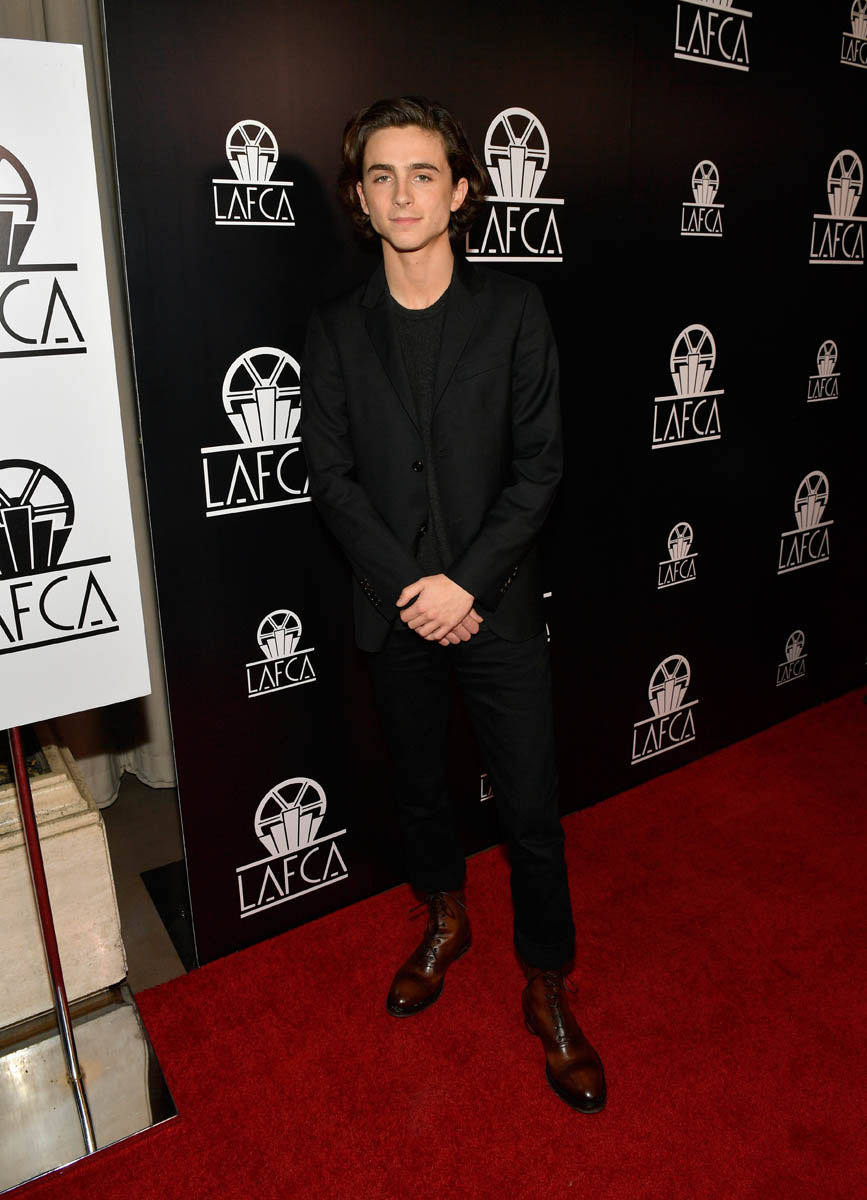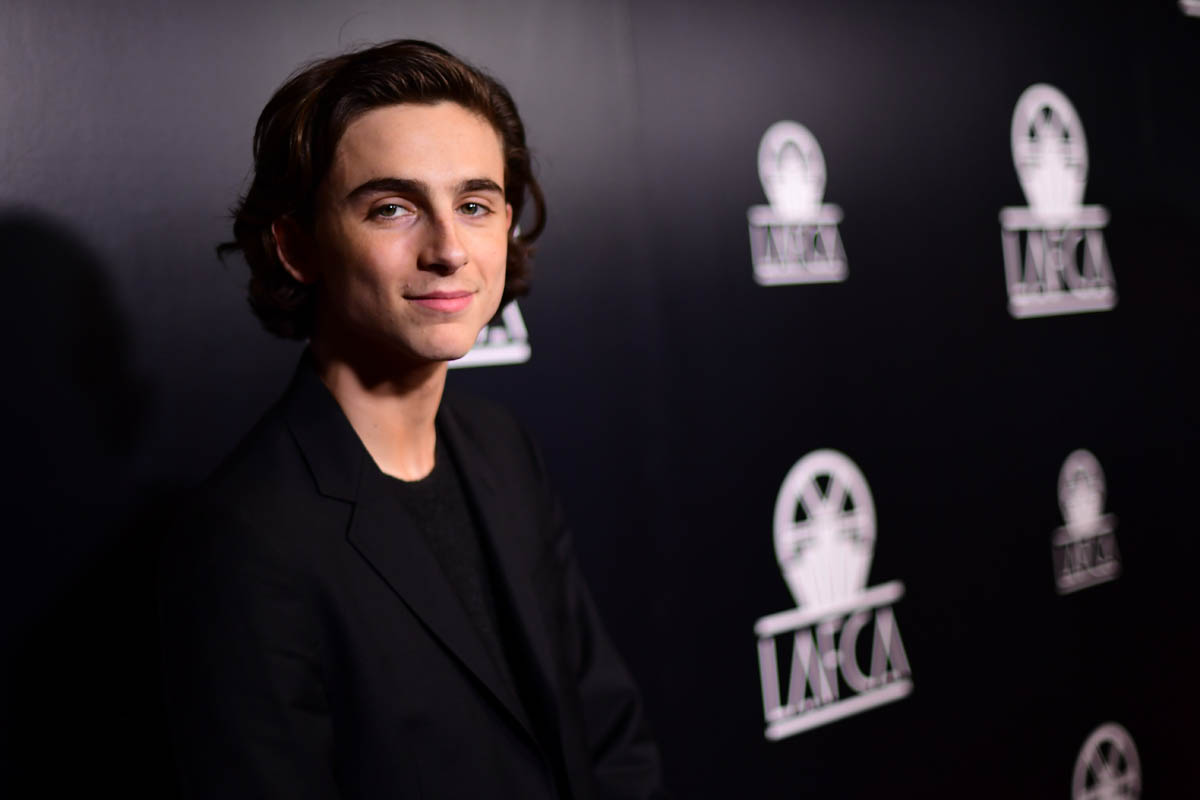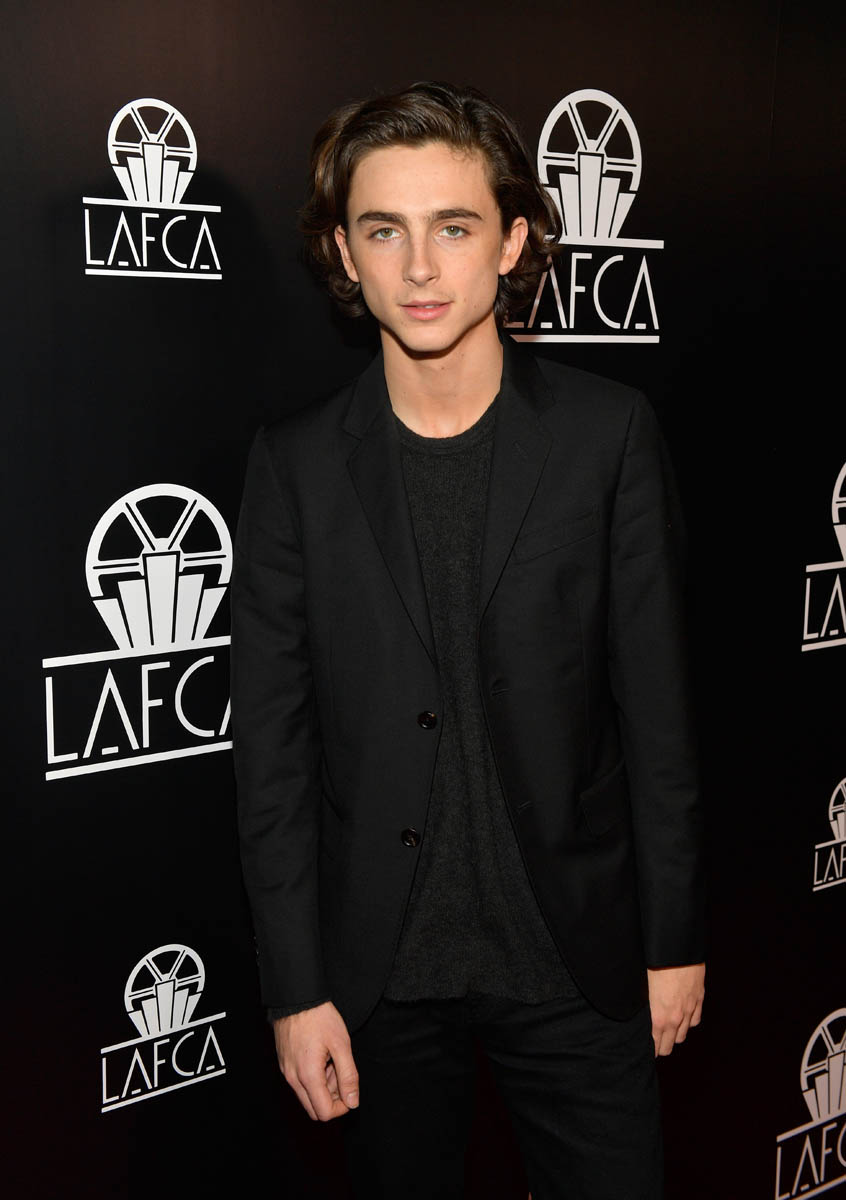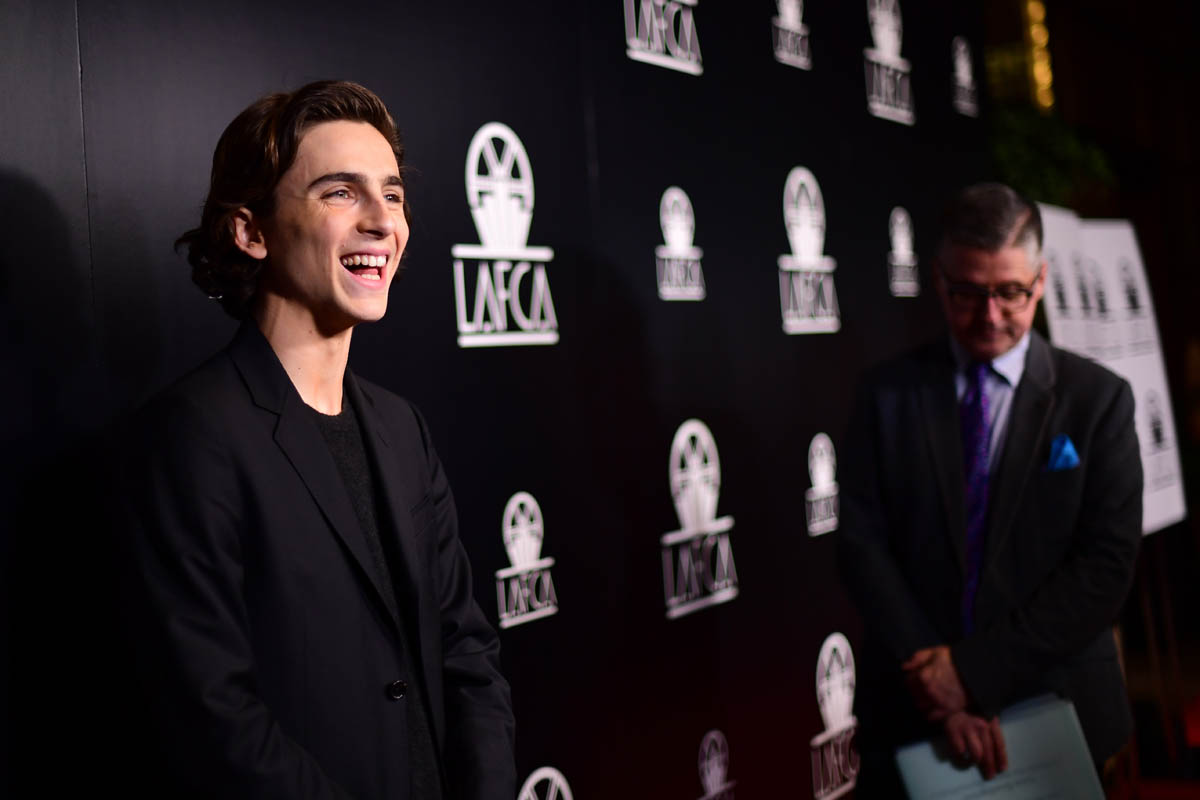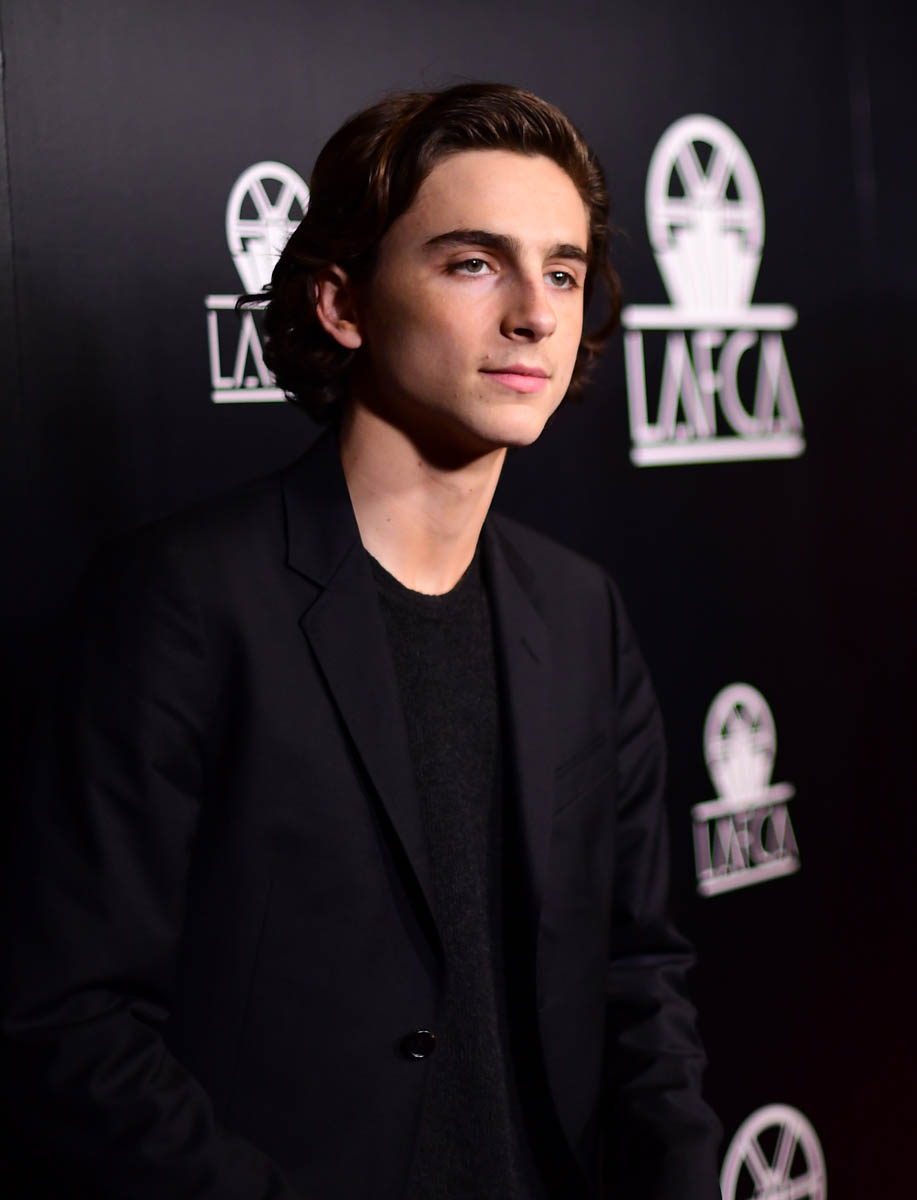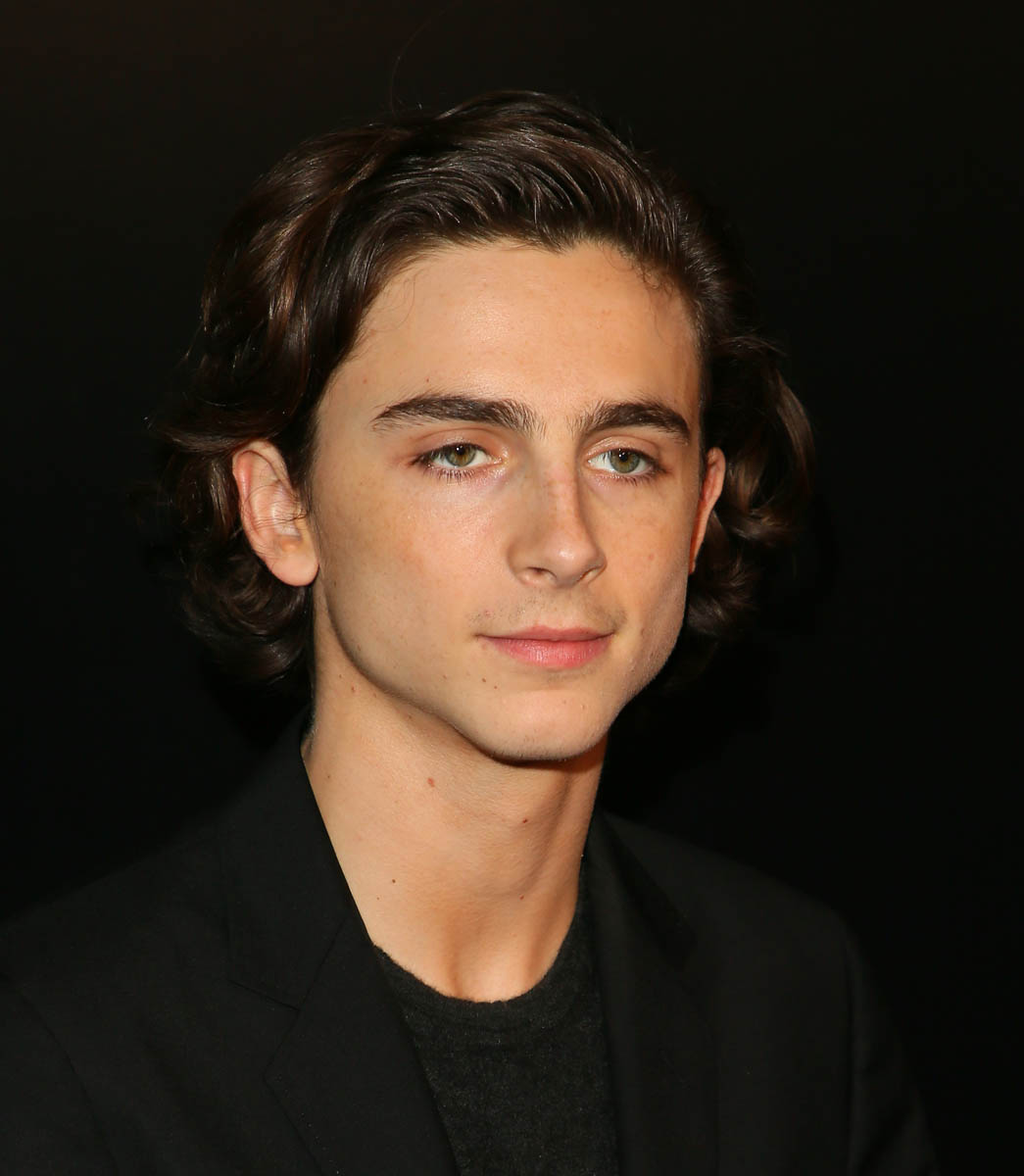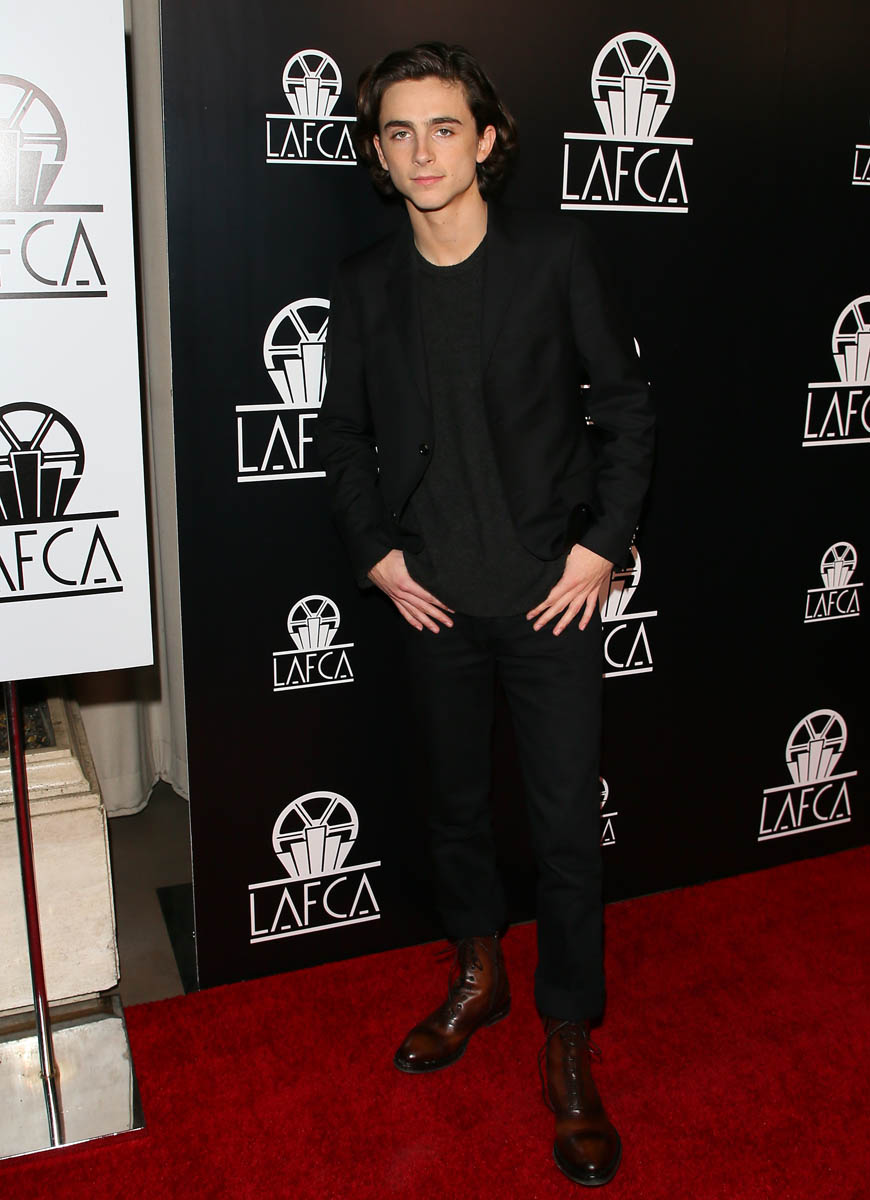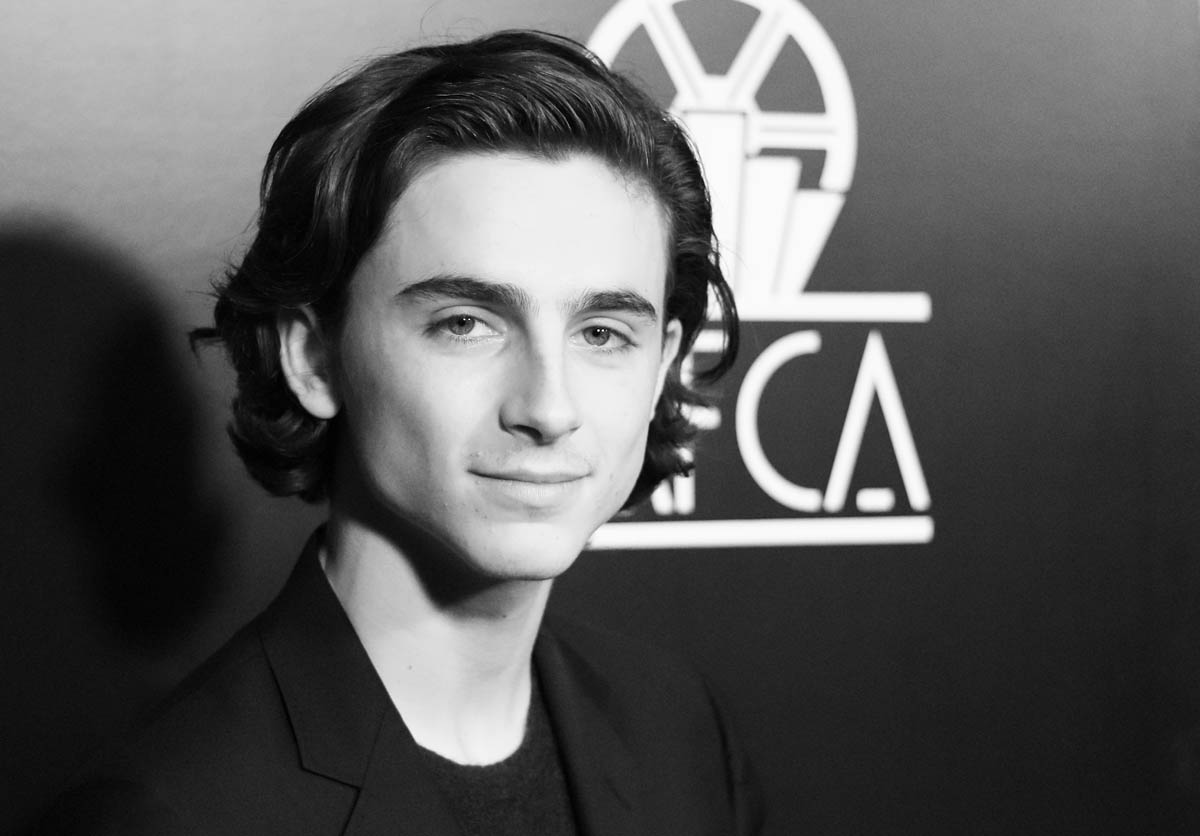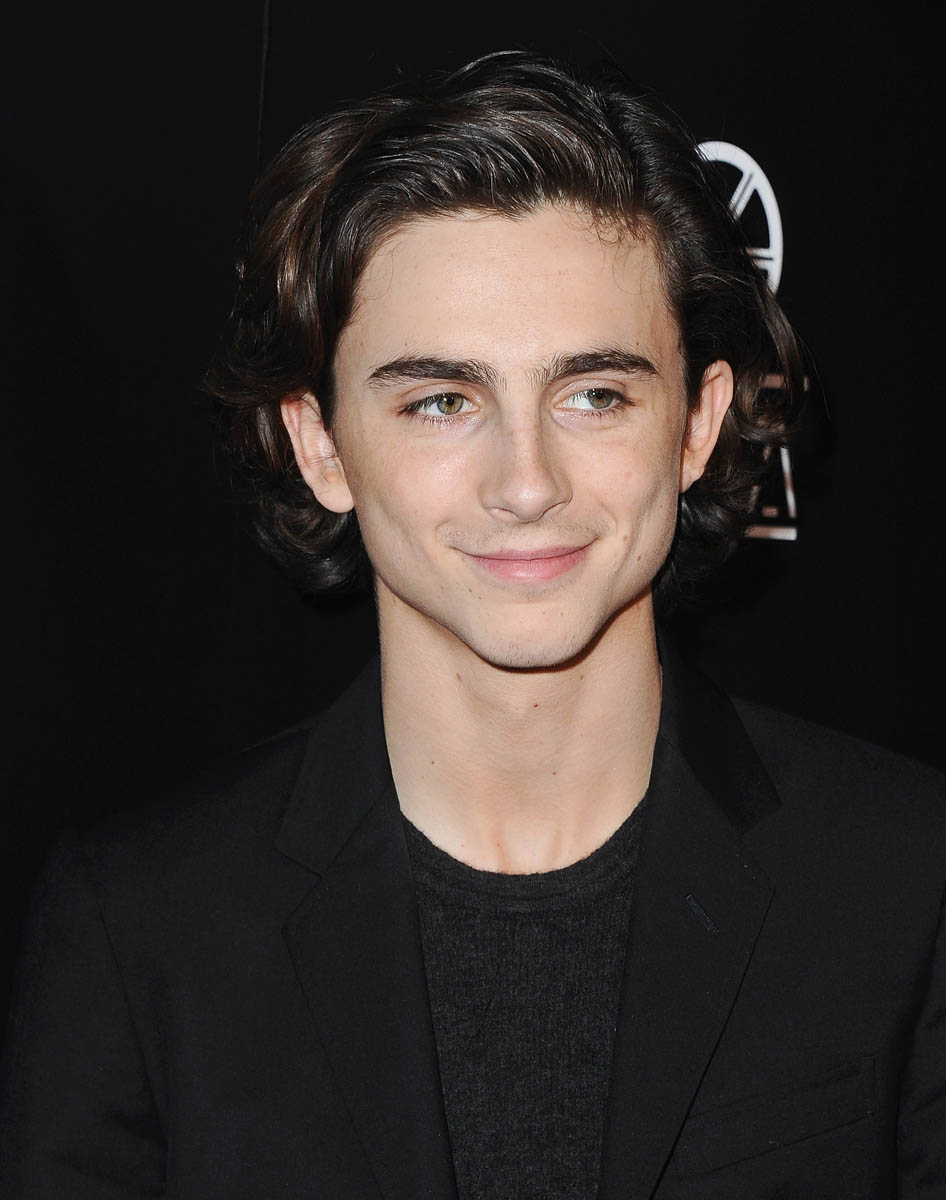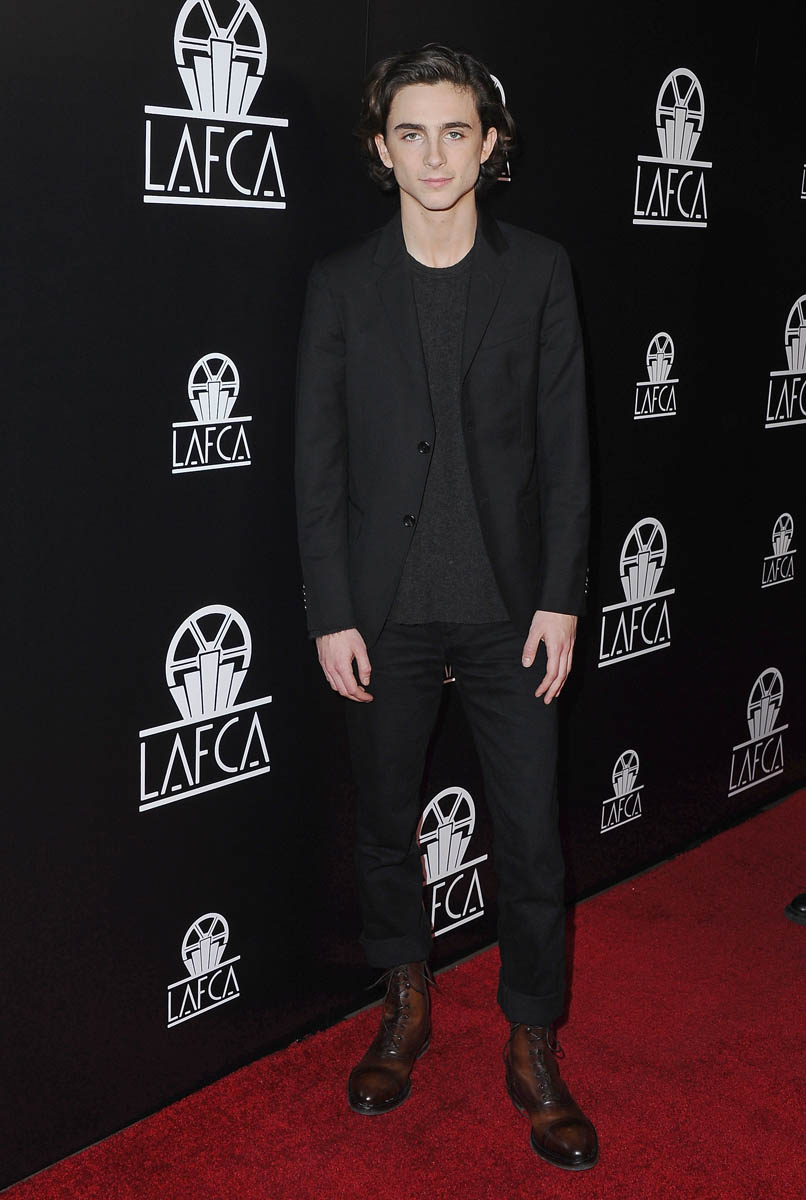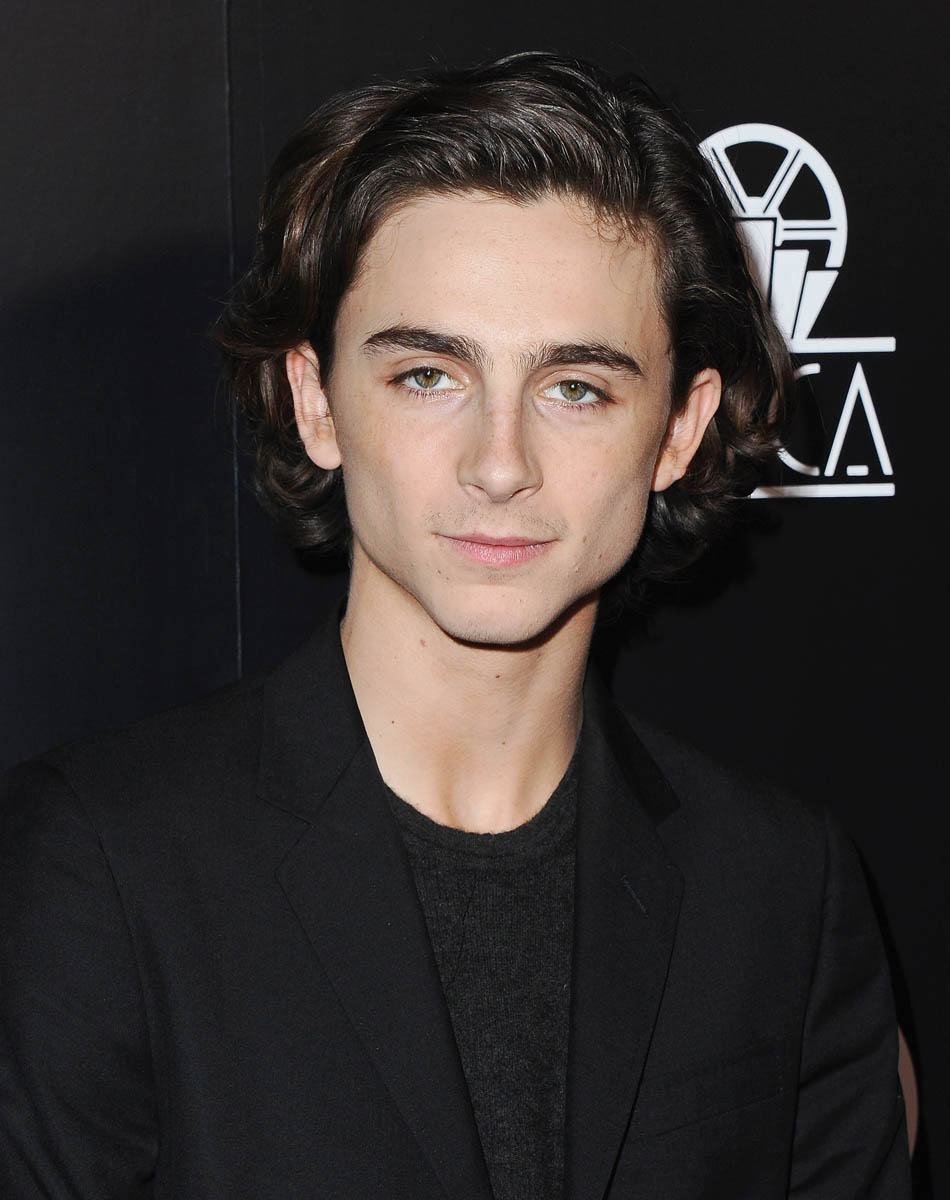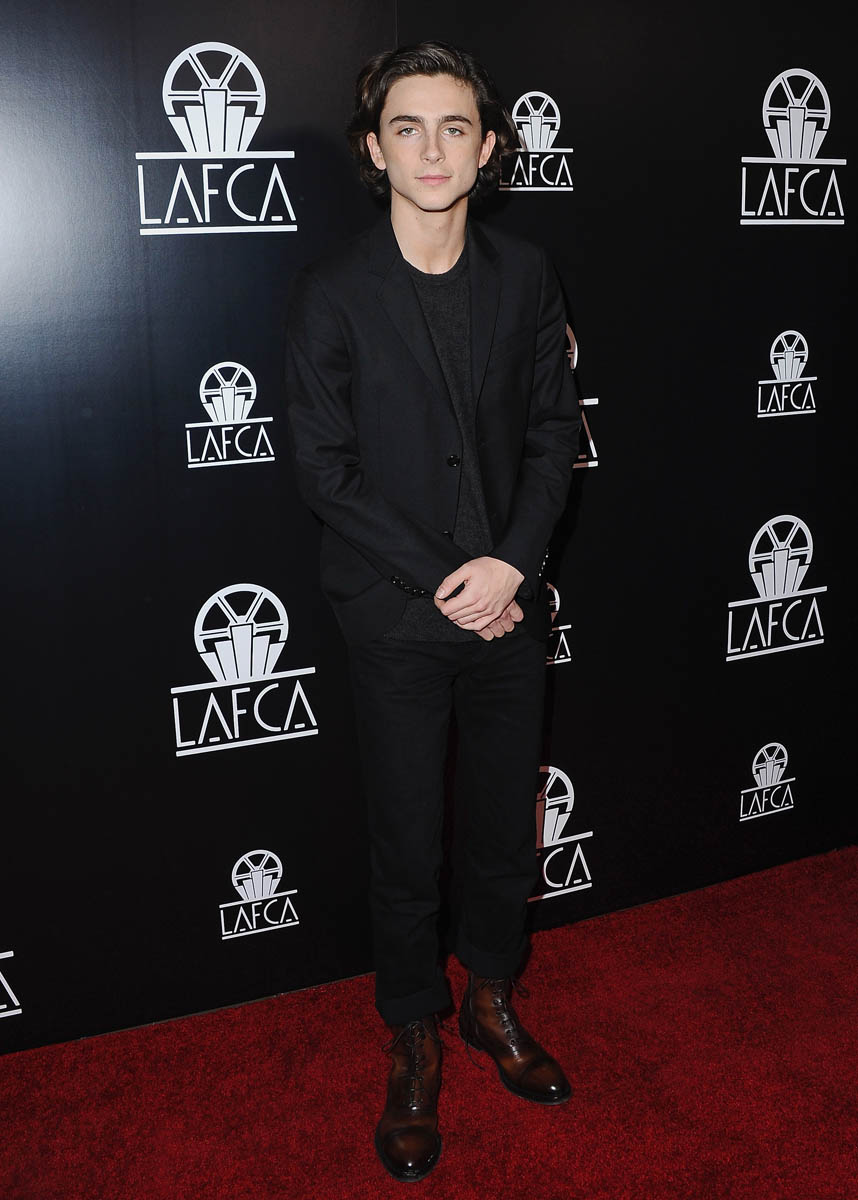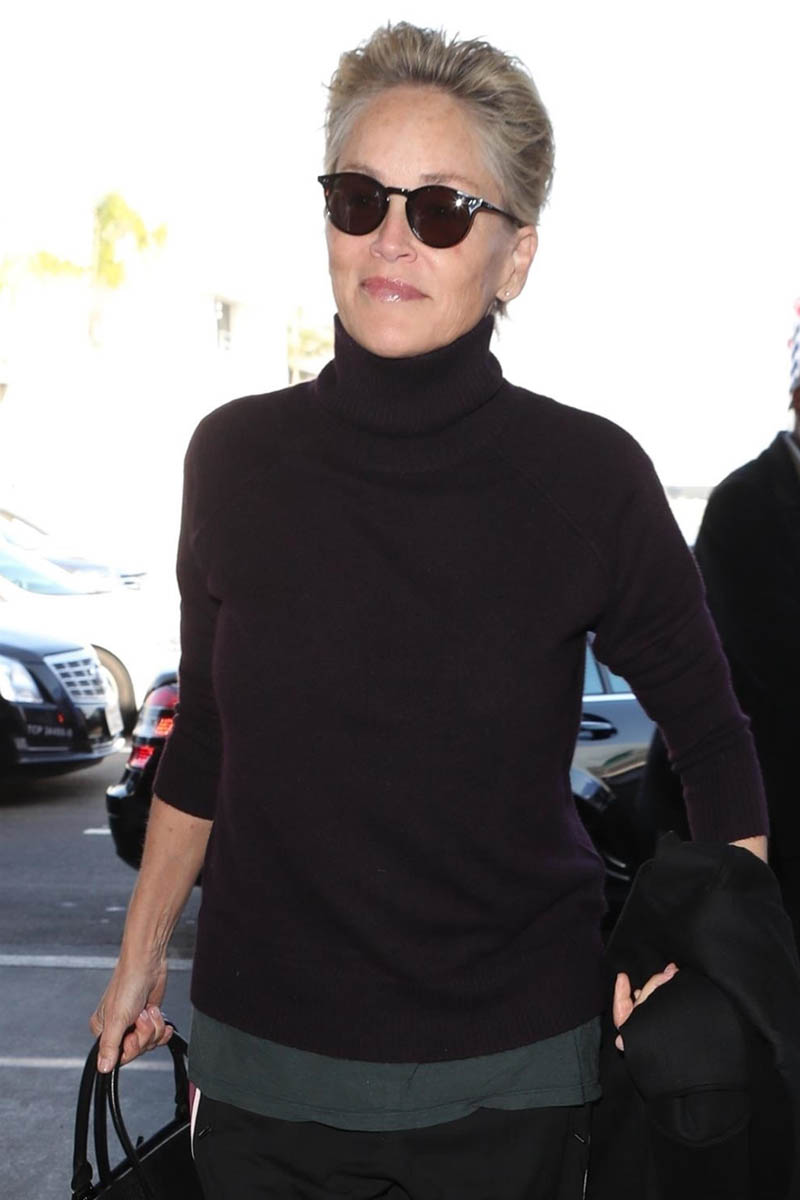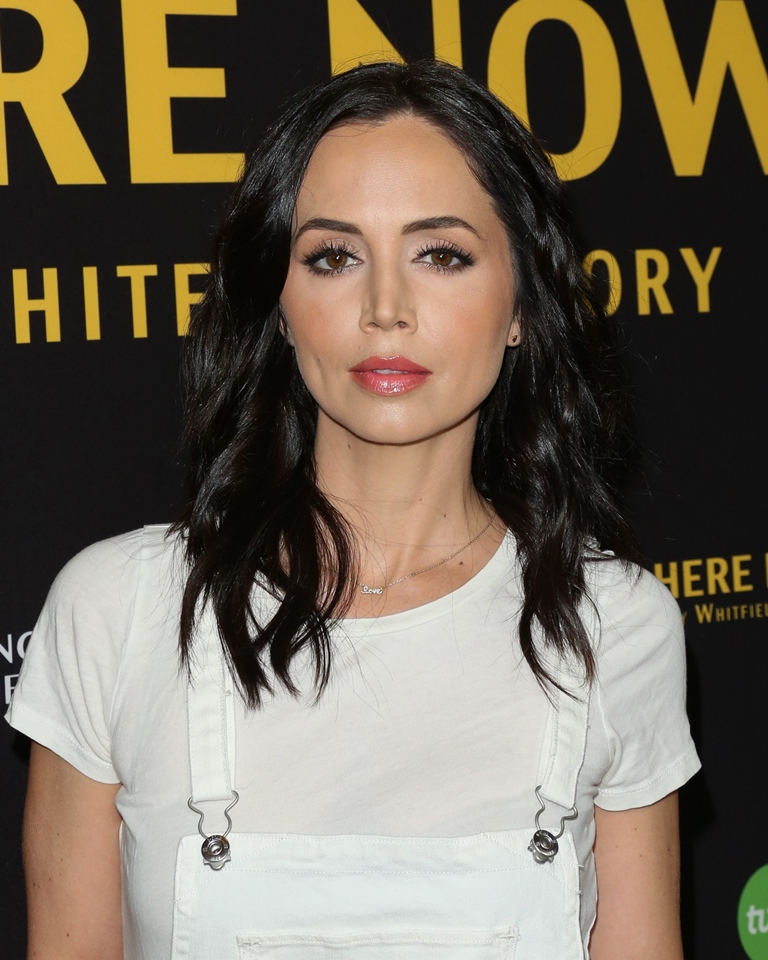Can I keep loving Timothee Chalamet?


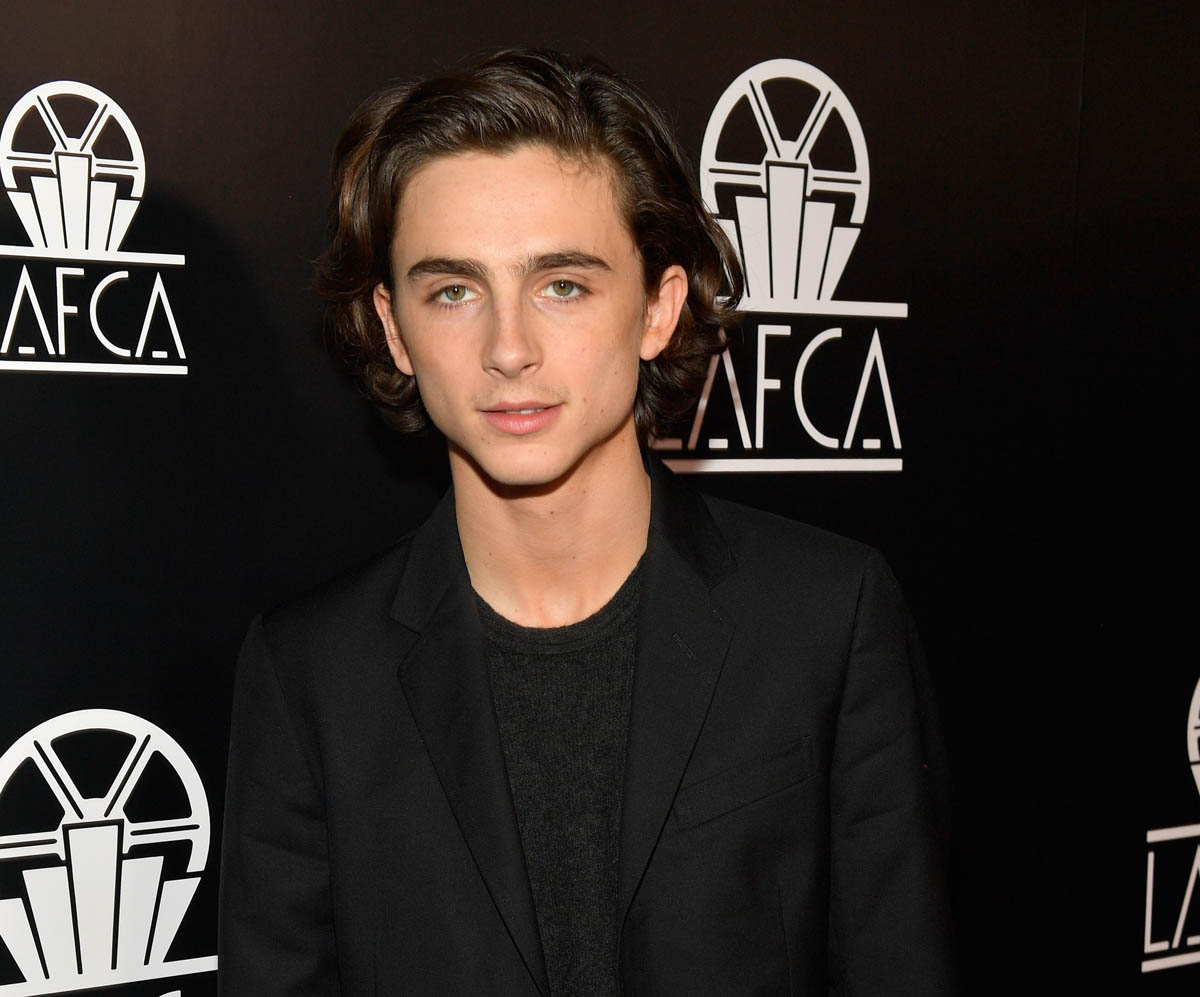
My love for Timothee Chalamet started at TIFF after seeing Call Me By Your Name. I think, at the time, I called him my “new obsession”. On that note, have you seen #CMBYN yet? Would you? It’s a gorgeous film. It’ll stay with you for a long time. You won’t be mad at me when you’re leaving the theatre, crying. Or maybe you will be, because you’ll be crying from loving it so much.
Anyway, shortly after TIFF, Timothee started working on the new Woody Allen film in New York. Which became a problem because…well… Woody Allen. Back in November, Ellen Page was one of the first to come forward and declare that she regretted working with Woody Allen. Last week Greta Gerwig, in an interview with the New York Times, expressed the same. Mira Sorvino, who won an Oscar for working with Woody Allen, was next to make a public statement apologising to Dylan Farrow and emphasising that she would never work with Woody again. On Friday, Rebecca Hall, who worked with Woody on Vicky Cristina Barcelona and again on the same film that Timothee Chalamet was involved with, posted on Instagram that she would be donating her fee from the project to Time’s Up.
But as I wrote back in November, it’s always women who’ve been called to answer the Woody Allen question. Up to this point, the men have remained silent. Timothee Chalamet is the first to step up to the moment:
A post shared by Timothée Chalamet (@tchalamet) on Jan 15, 2018 at 8:51pm PST
Timothee Chalamet is 22 years old, at the beginning of what’s looking like a big career. That’s not where we find Jude Law or Alec Baldwin or f-cking Justin Timberlake, all of whom were in a better position to do this a long time ago. In a way though, the fact that, one after the other, actors and actresses continued work with Woody Allen made it OK. It extended the precedent. Their decisions modelled subsequent decisions. If X can do it, why can’t Y do? If A did it, then B should be able to too.
This isn’t necessarily restricted to Hollywood, either. I too have been a follower and probably I still am. Following is easy. Which sometimes I find confusing because in so many other areas of society, being “first” is so desired. Everyone wants to be the first, right? The first to set this record. The first to report a story. The first to cross the finish line. Being FIRST is a universally acknowledged prize. Is that why it’s so scary? Because it’s also universally acknowledged that to be “first” comes with so much risk? And it’s been branded that way as well?
I read an article last year about Ava DuVernay, who’s been the “first” in so many ways, that also examined the “tragedy of being first”. The writer noted that, obviously, Ava’s “firsts” should be celebrated but that every “first” for Ava meant that there were so many deserving women who could have been “first” weren’t allowed to be, weren’t supported enough to be. The tragedy of being first applies in this situation too, non? Timothy Chalamet is one of the first men, perhaps the first man, who’s worked with Woody Allen to make a statement. This “first” further exposes that there could have already been a “first”. Where are all the other men who could have been “first”? Why weren’t they? Every time we follow until someone else can be courageous enough to be first, are we the tragedies of firsts not claimed?

